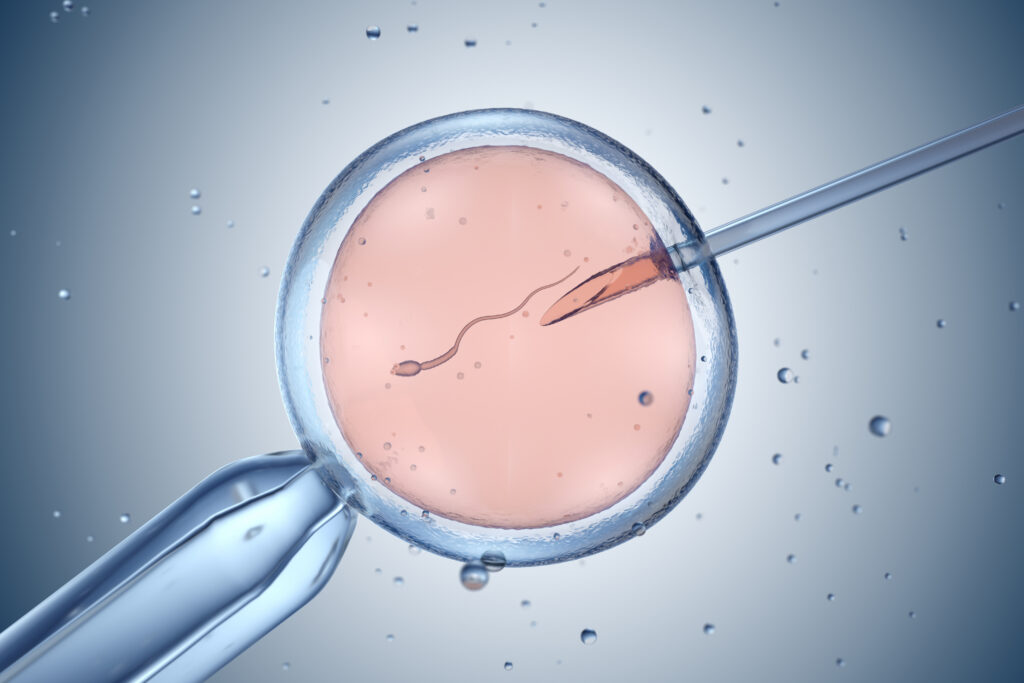Twenty-Week Bans Raise Issue of Disability Discrimination Abortion
This is Issue 4 of the On Point Series.
Twenty-week abortion bans shine light on the practice of disability discrimination abortion.
Elective abortion occurs when a pregnant woman does not want to have a child.
Disability discrimination abortion occurs when a particular child, initially wanted, is aborted because that child has a disability.
Disability discrimination abortion is similar to gender discrimination abortion, which is when a particular child is aborted because that child is a boy or is a girl.
If most disability discrimination abortions occur after 20 weeks gestation, then laws prohibiting abortion after 20 weeks gestation, except for medical emergencies not including fetal disabilities, will have the effect of banning most disability discrimination abortions.
Disability Groups Highlight Alarming Practice of Disability-Discrimination Abortions
A legal challenge involving the Arizona 20-week abortion ban is currently pending before the U.S. Supreme Court. Three disability groups recently filed a brief in that case. The brief discusses the practice of disability discrimination abortion.
The disability groups include The Jerome Lejeune Foundation USA, Saving Downs, and The International Down Syndrome Coalition. They describe themselves as “public interest organizations that provide research, care and advocacy to benefit individuals with disabilities and their families.”
According to the disability groups, “[t]he numbers of pregnancy terminations following a prenatal diagnosis of certain disabilities are alarmingly high.”
The disability groups write, “Though some abortions of children with disabilities involve diagnoses that are likely to be fatal, many involve non-fatal conditions such as Down syndrome, cystic fibrosis, and spina bifida.”
According to the disability groups, “It is now widely reported that the increase in prenatal screening has resulted in sharply declining numbers of living persons with disabilities such as Down syndrome, cystic fibrosis, and spina bifida.”
For example, according to the disability groups, “recent evidence suggests that as many as 95 percent of parents receiving a prenatal diagnosis of cystic fibrosis elect to terminate the child.”
Twenty-Week Bans Raise Issue of Disability Discrimination Abortion
Laws banning abortion after 20 weeks can have the effect of prohibiting disability discrimination abortions if exceptions to those laws allow only those abortions necessary to avert death or serious health risks to the mother.
For example, the 20-week ban in Arizona prohibits abortion after 20 weeks of gestation (“calculated from the first day of the last menstrual period of the pregnant woman”) except in cases involving “a medical emergency.”
Arizona defines “medical emergency” narrowly to mean, as explained here, only a condition where immediate abortion is “necessary to avert death or serious health risks to the mother.” Fetal anomalies (i.e., disabilities) that do not threaten maternal health are not permitted under the exception.
The Human Family Research Center (citing the Guttmacher Institute) reports that “the vast majority of late-term abortions are performed for socio-economic reasons, on a healthy and potentially viable fetus.” HFRC also states, “Fetal abnormalities or woman’s health considerations are rarely the reason for undergoing a late-term abortion.”
At the same time, it may also be the case that the “vast majority” of disability discrimination abortions occur after 20 weeks. “Because the most informative diagnostic procedures take place between 18 and 20 weeks gestation,” the disability groups argue, “it appears that the vast majority of abortions to terminate unborn children diagnosed with disabilities occur after 20 weeks gestation.”
If both HFRC and the disability groups are correct, then most abortions prevented under 20-week bans would not involve disability discrimination, but 20-week bans would prevent most disability discrimination abortions.
Disability Groups Urge Court Not to Recognize Right to Disability-Discrimination Abortions
The disability groups urge the Court to take the Arizona 20-week case “so that [the Court] may definitively clarify that there is no constitutional right to abort children because they have been detected to have a disability.”
The disability groups argue that the Supreme Court “has never framed the protected abortion decision as whether to bear or abort a particular child based on identified traits of genetic variation, disability, or other health condition.”
The disability groups argue, rather, that a significant Supreme Court abortion opinion “formulated the abortion decision as one confronting a woman ‘when the woman confronts the reality that, despite her attempts to avoid it, she has become pregnant’ […] – not when she accepts a pregnancy at first, but then comes to perceive the child she is carrying as defective.”
According to the disability groups, the Supreme Court “has never endorsed a right to abort children only because they have been detected to have a disability.”
Disfavoring Disability-Discrimination Abortions
The disability groups argue that “Arizona has a legitimate interest in disfavoring abortion based on disability.”
The disability groups argue that “the widespread practice of selective abortion casts doubt on the inherent value and dignity of those who are born with disabilities.”
According to the disability groups, “Our Nation’s recognition of the equal dignity of people with disabilities has led to an emerging sense of disquiet about the practice of disability-selective abortion.”
The 20-week restriction “directly advances” Arizona’s interest in disfavoring disability discrimination abortion, the disability groups assert, “by limiting abortions during the late period of fetal development, when the large majority of disability-selective abortions occur.”
Drawing a Clear Boundary Against the Practice of Postnatal Eugenic Infanticide
According to the disability groups, “The concern about the advent of eugenic infanticide is not merely hypothetical.” The disability groups cite instances of what they describe as “serious proposals for eugenic infanticide based on Down syndrome and similar conditions.”
“In light of these serious proposals,” the disability groups write, “the State may choose to draw a clear boundary against the adoption of such practices.”
According to the disability groups, who quote language from a Supreme Court opinion in making this point, Arizona’s 20-week law “‘draw[s] boundaries to prevent certain practices that extinguish life and are close to actions that are condemned,’ such as eugenic infanticide.”
Protecting the Integrity and Ethics of the Medical Profession
The disability groups quote a Supreme Court opinion that states, “Under our precedents it is clear the State has a significant role to play in regulating the medical profession.”
“The participation of doctors and counselors in the decision to abort children with disabilities is,” the disability rights groups explain, quoting from another source, “‘fraught with enormous social and ethical difficulty.’”
The disability groups argue that Arizona’s 20-week law “protects the integrity and ethics of the medical profession by preventing doctors and counselors from becoming inextricably involved in the practice of late-term abortion based on an identified disability.”
Conclusion
According to this source, “the legislatures of thirteen States, including Arizona, as well as one house of the U.S. Congress, have now adopted legislation limiting access to abortion beyond twenty weeks except when necessary to avert death or serious health risks to the mother.”
Whether the Court addresses the issue in the Arizona case or some future case, the constitutionality of 20-week bans will remain a major legal issue as the states, Congress, and even local governments throughout the country continue to review and adopt similar statutes.
The question of disability discrimination abortions is an important part of the debate.
Tom Messner is a Legal Policy Fellow and Chuck Donovan is the President of the Charlotte Lozier Institute in Washington, D.C.
*The novel arguments advanced in this brief originated with Nikolas T. Nikas at the Bioethics Defense Fund, Scottsdale, Arizona, and more information on this topic can be found at BDF’s website at http://www.bdfund.org/.
























